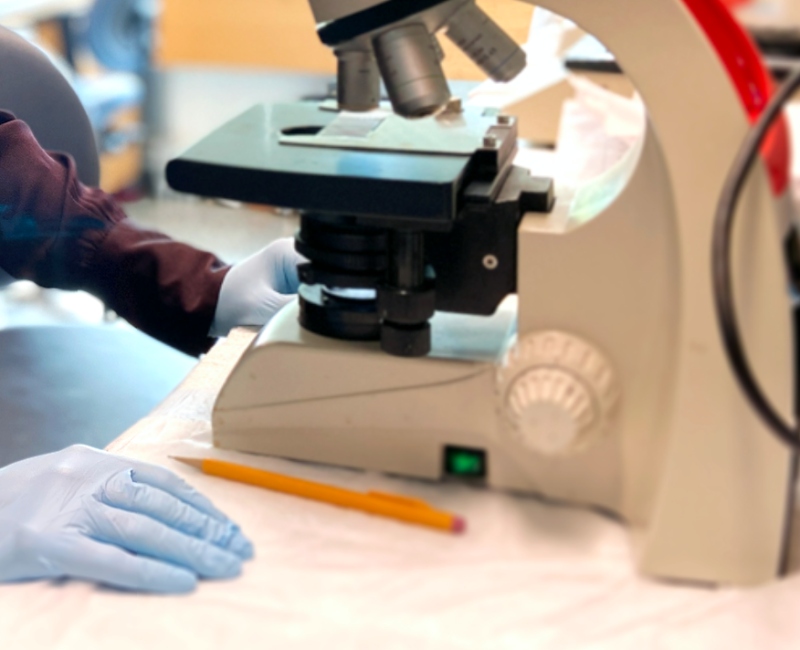
When Peter Hendrickson, MD, PhD, starts his training this July, he will be embarking on a new chapter of the Duke Radiation Oncology Residency Program, as the first trainee on the Radiation Oncology Research Scholar (RORS) track. He will be followed in July 2021 when Alex Gooding, MD, PhD, becomes the second trainee.
This novel, first of its kind, program was developed by Radiation Oncology faculty members David Kirsch, MD, PhD; Scott Floyd, MD, PhD; and Joseph Salama, MD, with the support of Christopher Willett, MD (Duke Radiation Oncology), Catherine Kuhn, MD (Duke Graduate Medical Education) and Michael Kastan, MD, PhD (Duke Cancer Institute), to provide a pathway for Radiation Oncologists to become independent laboratory investigators.
The RORS program combines a research intensive residency with an opportunity to continue mentored research after residency as an instructor for up to two years allowing for a total of 45 months of dedicated scholarly effort. Although Radiation Oncology is one of the key cancer disciplines – along with surgical and medical oncology – it is the only one that does not have a specific track to guide trainees to become independently funded investigators.
While many of our Duke Radiation Oncology Residency graduates have gained important scientific skills that they have used in their careers, the RORS track will provide the time, structure and funding that provide a runway for trainees so that they can lead their own independent research lab after residency. The RORS track will leverage the resources of the Duke School of Medicine’s Office of Physician Scientist Development to provide all the resources necessary to maximize success. The RORS program is another example of Duke Radiation Oncology’s innovative Resident education, which is funded in part by a R38 grant from the National Cancer Institute, the Department of Radiation Oncology and the Duke Cancer Institute.